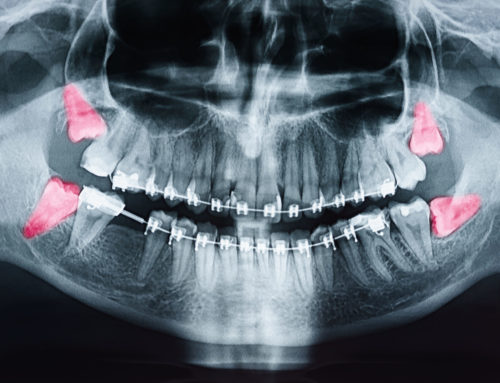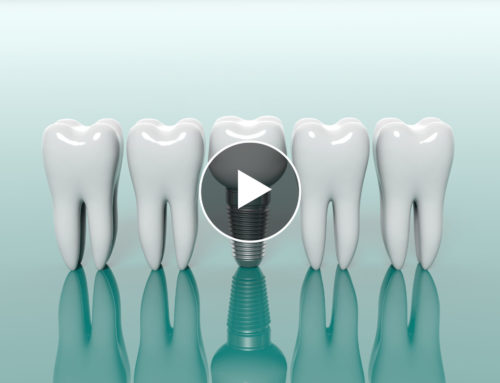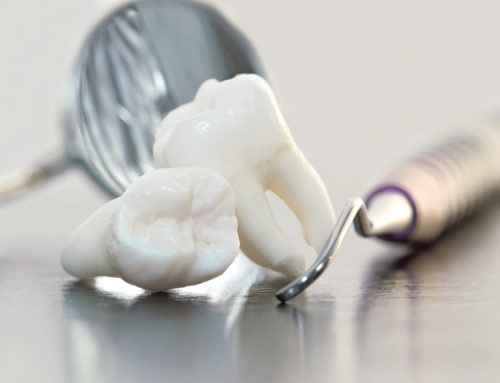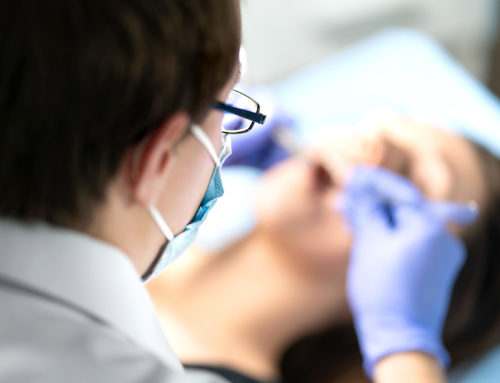Although some folks still don’t like the idea of undergoing oral surgery, no one can deny its effectiveness. And with new and innovative surgical techniques comes the ability to help restore practically any smile. That’s why for the past 10-20 years, modern dentistry has experienced several oral surgery breakthroughs that still remain popular today.
Below, OMSH discusses three of the most common procedures that oral surgeons perform every weekday in dental offices worldwide.
#1 Dental Extractions
Unfortunately, not all dental extractions are created equal. For example, with simple extractions, like when your tooth is very loose and ready to come out, a dentist can simply extract it. On the other hand, there may be specific types of dental extractions that would require more invasive oral surgery. In these cases, an oral surgeon is necessary for more complicated issues. And an oral maxillofacial surgeon, in fact, is more apt for providing a safe and sound solution.
For the most part, dental practitioners want to help you save as many of your natural teeth as possible. But, when certain kinds of dire oral conditions arise, you’ll need wisdom tooth removal right away. Such conditions can include pain from molar impactions, misalignments, hard-to-reach teeth, bleeding gums, and cavities or decay below the gumline. In each of these cases, you’ll need to see a skilled specialist promptly so that your condition doesn’t become worse.
Oral and maxillofacial surgeons have the extensive training and skill necessary to effectively perform complicated dental extractions. In fact, they’re capable of performing various kinds of special dental and facial surgeries with great care and attention. Book your appointment with a Houston oral surgeon.
#2 Dental Implants
Did you know that dental implants have become the most popular and preferred solution for replacing missing teeth? However, dental implantology requires oral surgery from a skilled oral and maxillofacial surgeon. They surgically place titanium rods directly into the jawbone to serve as the substitute for your natural tooth roots. Then, they add an abutment on top. The abutment is the piece where the high-quality top crown will sit on the implant. The crown, along with the rest of the implant that you cannot see, looks and functions exactly like your other natural teeth.
Overall, the dental implant procedure is quite simple. And after a little recovery time, you can resume your normal daily activities and go back to eating regularly. Are you a good candidate for dental implants?

#3 Corrective Jaw Surgery
Our final most common oral surgery is known as corrective jaw surgery, or orthognathic reconstructive surgery. This procedure can effectively treat dental irregularities to help adjust one’s ability to properly chew, breathe, and speak. In fact, jaw surgery often involves the reconstruction and realignment of both portions of the jaw to help improve functionality. Corrective jaw surgery can also repair dysfunction and bite issues from facial trauma or an accident, and even congenital defects. Again, only highly trained oral maxillofacial surgeons can perform these types of extensive and, sometimes, complicated oral surgeries.
The main goal of jaw surgery is to properly align either the lower and/or upper portions of the jaw. Likewise, this form of oral surgery can dramatically improve your facial appearance and natural aesthetic features.  With corrective jaw surgery, you’ll no longer experience pain or awkwardness when you eat or communicate. You’ll also notice an overall increase in the balance and functionality of your jawline.
Begin with a Professional Consultation
Since no one can simply go to a dental physician and opt to have oral surgery, it’s best that you seek consultation from the best practitioners around. Often times, you’ll experience some form of discomfort pertaining to the functionality of your mouth. In these instances, that’s the time to go and consult with an oral maxillofacial surgeon so that you can identify the problem. Upon seeing that practitioner, he or she will then help you determine the best course of action. Sometimes this could involve invasive oral surgery, and other times, there may be a very simple yet effective solution.
If you’re in the Greater Houston area, consult with the experienced dental physicians of OMSH. For an appointment or more information, call us at 832-509-4505.






